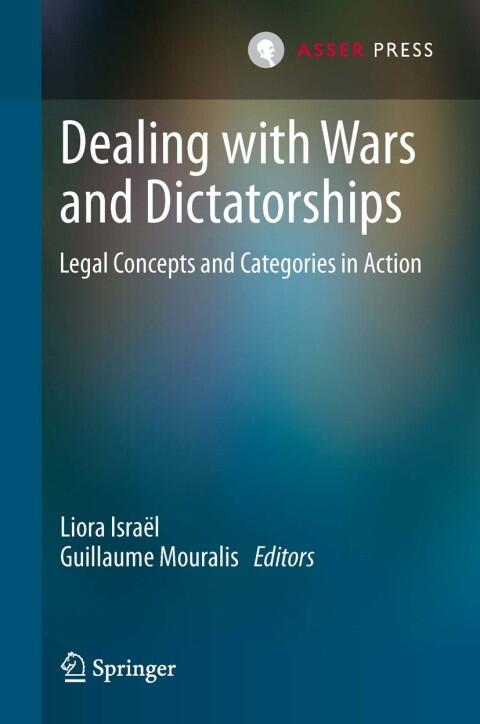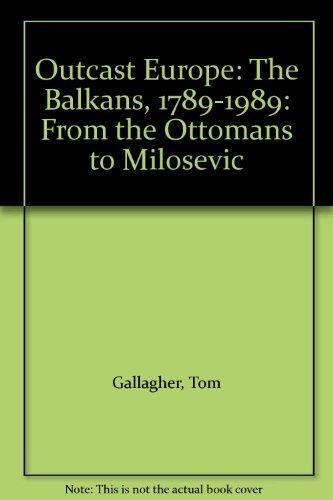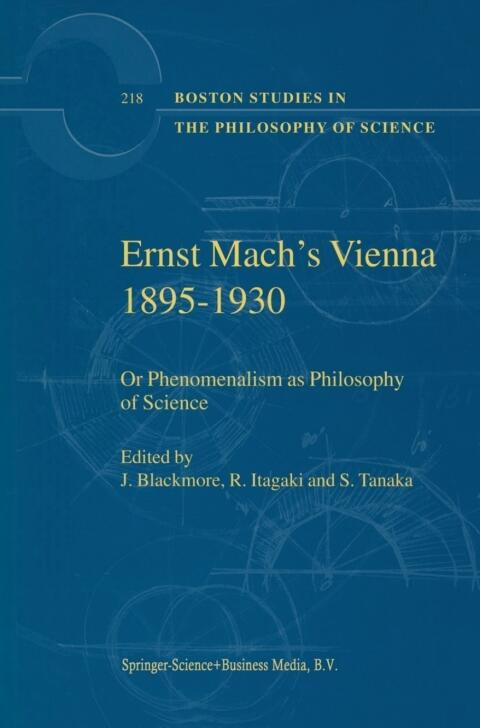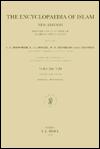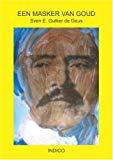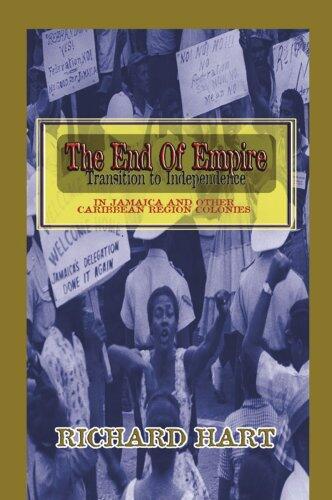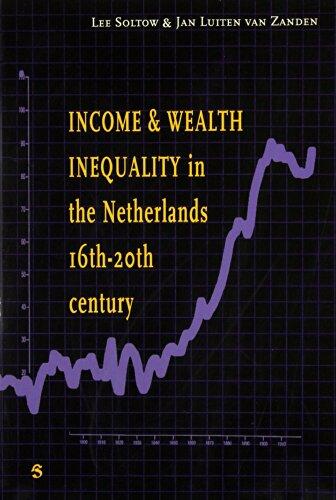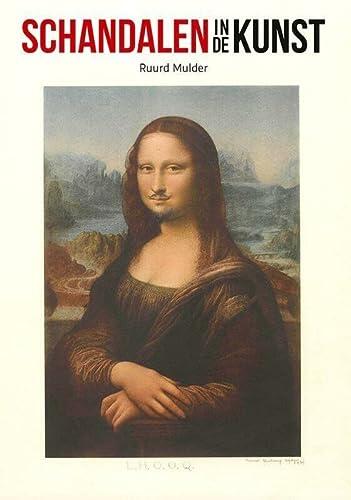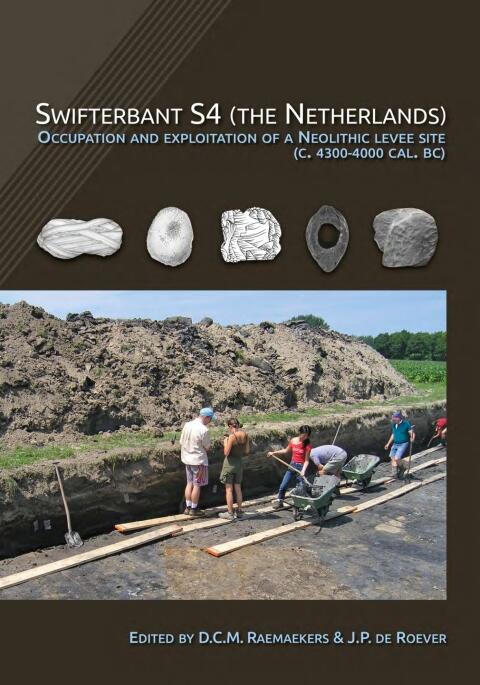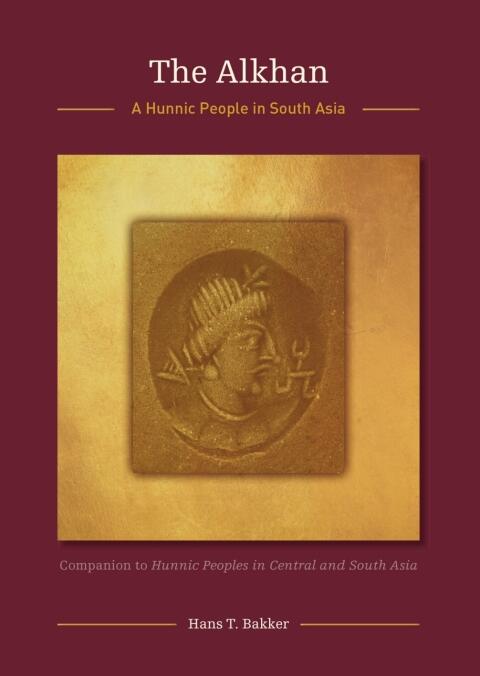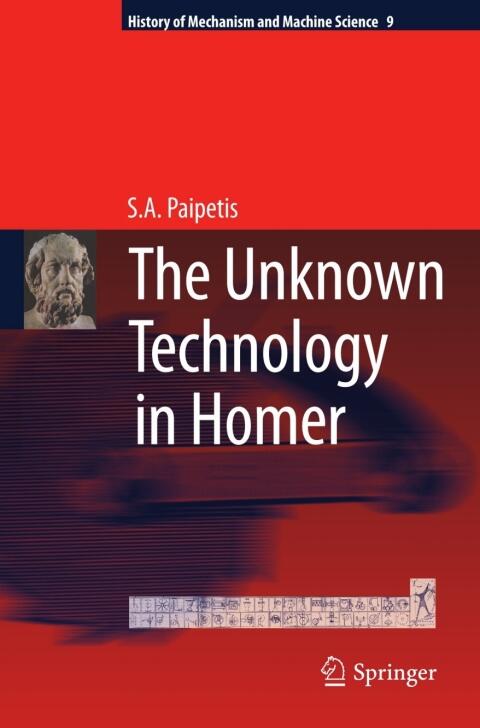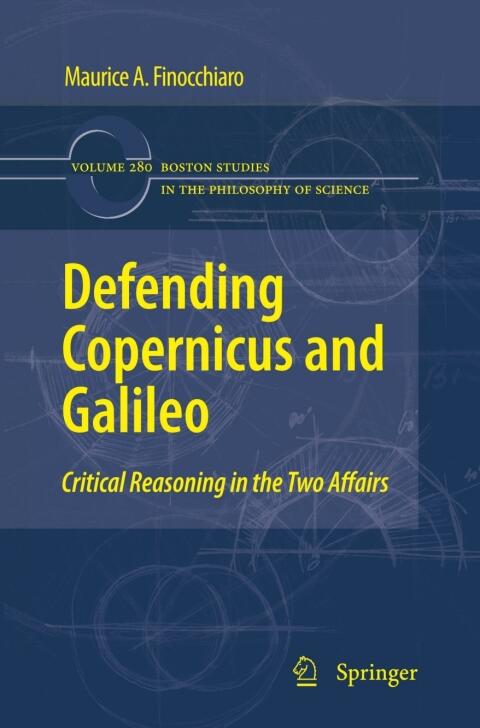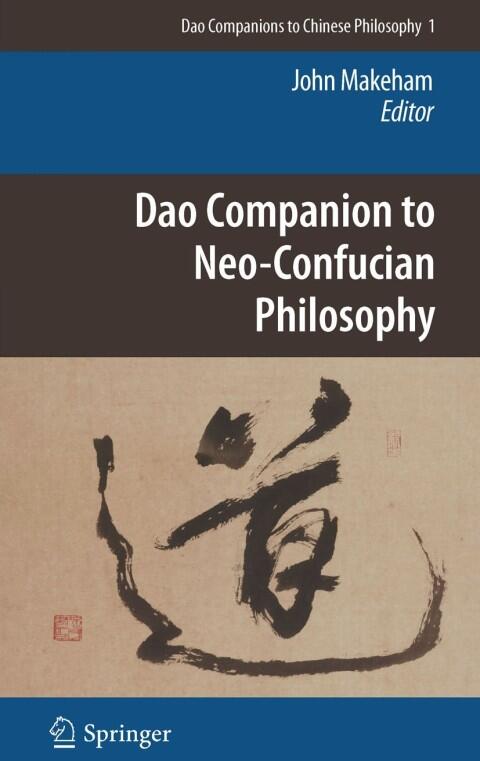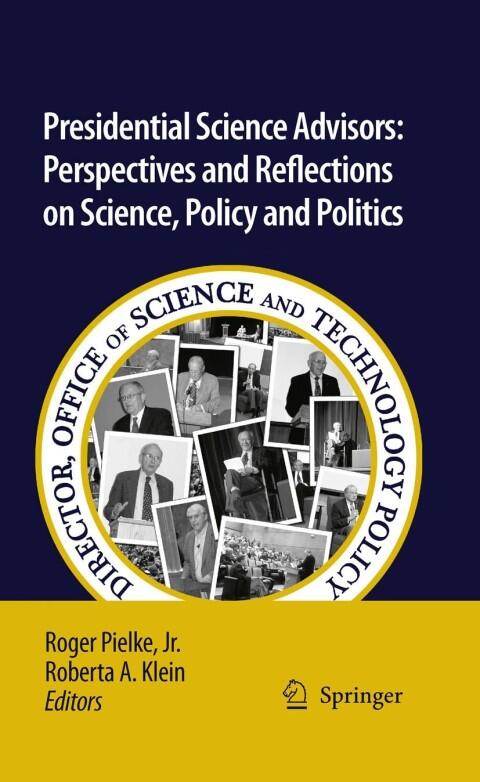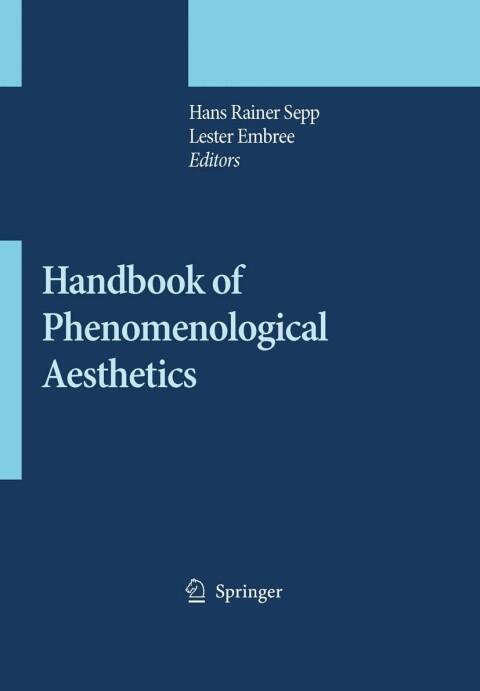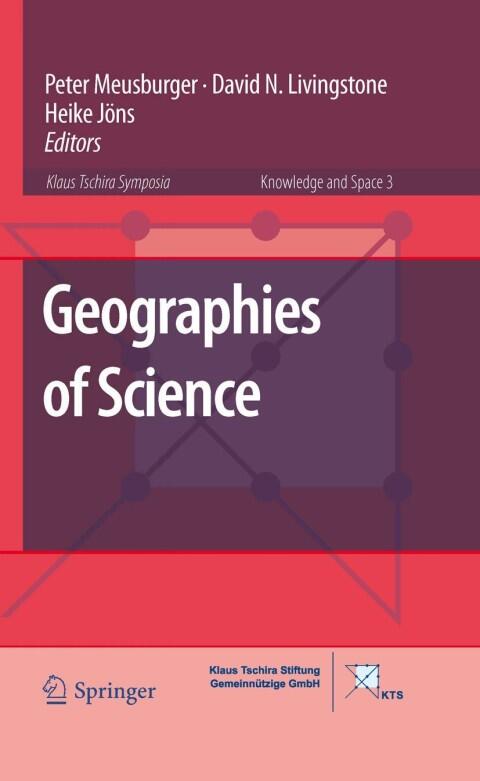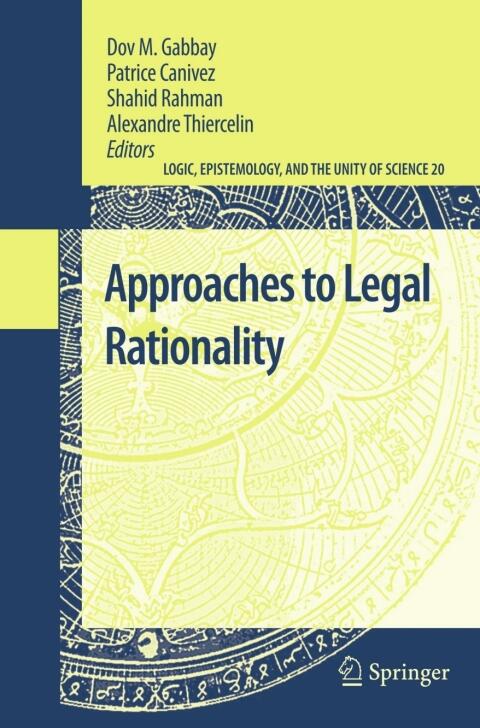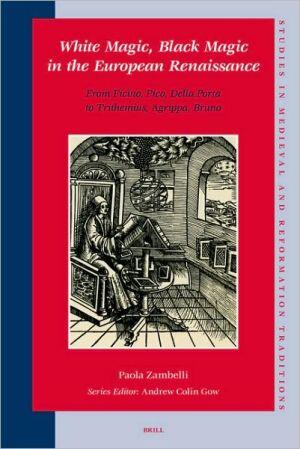
White Magic, Black Magic in the European Renaissance
par
Paola Zambelli
Pas encore d'évaluations
History
Philosophy
Fantasy
Format
Relié
Pages
282
Langue
Anglais
Publié
Jan 1, 2007
Éditeur
BRILL
ISBN-10
9004160981
ISBN-13
9789004160989
Description
In the Renaissance, a vibrant period of cultural rebirth and intellectual exploration, the intersection of magic and philosophy was a prominent theme. This work delves into the rich tapestry of beliefs that characterized European thought, examining the dual nature of magic that was perceived as both beneficial and harmful. Through a thoughtful analysis, Zambelli unravels the complexities of white and black magic, revealing how these concepts were deeply intertwined with the prevailing religious and philosophical ideas of the time.
The author sheds light on the influence of humanism and the revival of ancient texts, which played a crucial role in reshaping the understanding of the natural and supernatural worlds. The book discusses how learned individuals navigated the moral and ethical implications of magic, often attempting to reconcile their practices with the spiritual doctrines of their era. By highlighting key figures and their contributions, it demonstrates the diverse interpretations of magic that flourished in this dynamic cultural landscape.
As Zambelli explores the societal and cultural ramifications of these beliefs, readers gain insight into how magic was not merely an esoteric pursuit but also a significant force that impacted politics, medicine, and daily life in Renaissance Europe. The exploration of magical practices reveals underlying tensions between faith and reason, illuminating the broader struggles of a society on the cusp of modernity.
Ultimately, the work serves as a compelling addition to the discussion of historical thought, showcasing that the interplay of magic and philosophy was not only fascinating but integral to understanding the Renaissance's legacy. Through meticulous research and engaging prose, Zambelli invites readers to appreciate the complexities of a time when the boundaries between magic, science, and religion were far less defined than they are today.
The author sheds light on the influence of humanism and the revival of ancient texts, which played a crucial role in reshaping the understanding of the natural and supernatural worlds. The book discusses how learned individuals navigated the moral and ethical implications of magic, often attempting to reconcile their practices with the spiritual doctrines of their era. By highlighting key figures and their contributions, it demonstrates the diverse interpretations of magic that flourished in this dynamic cultural landscape.
As Zambelli explores the societal and cultural ramifications of these beliefs, readers gain insight into how magic was not merely an esoteric pursuit but also a significant force that impacted politics, medicine, and daily life in Renaissance Europe. The exploration of magical practices reveals underlying tensions between faith and reason, illuminating the broader struggles of a society on the cusp of modernity.
Ultimately, the work serves as a compelling addition to the discussion of historical thought, showcasing that the interplay of magic and philosophy was not only fascinating but integral to understanding the Renaissance's legacy. Through meticulous research and engaging prose, Zambelli invites readers to appreciate the complexities of a time when the boundaries between magic, science, and religion were far less defined than they are today.
Avis
Aucun avis pour le moment
Soyez le premier à donner votre avis sur ce livre et partagez vos pensées
Ajouter le premier avisJournal de lecture
Aucun journal de lecture trouvé
Commencez à suivre vos progrès de lecture pour voir les journaux ici
Ajoutez votre premier journal de lectureNotes
Journal des transactions
Aucun journal de transactions trouvé
Commencez à suivre vos transactions de livres pour voir les journaux ici
Ajoutez votre premier journal de transactions